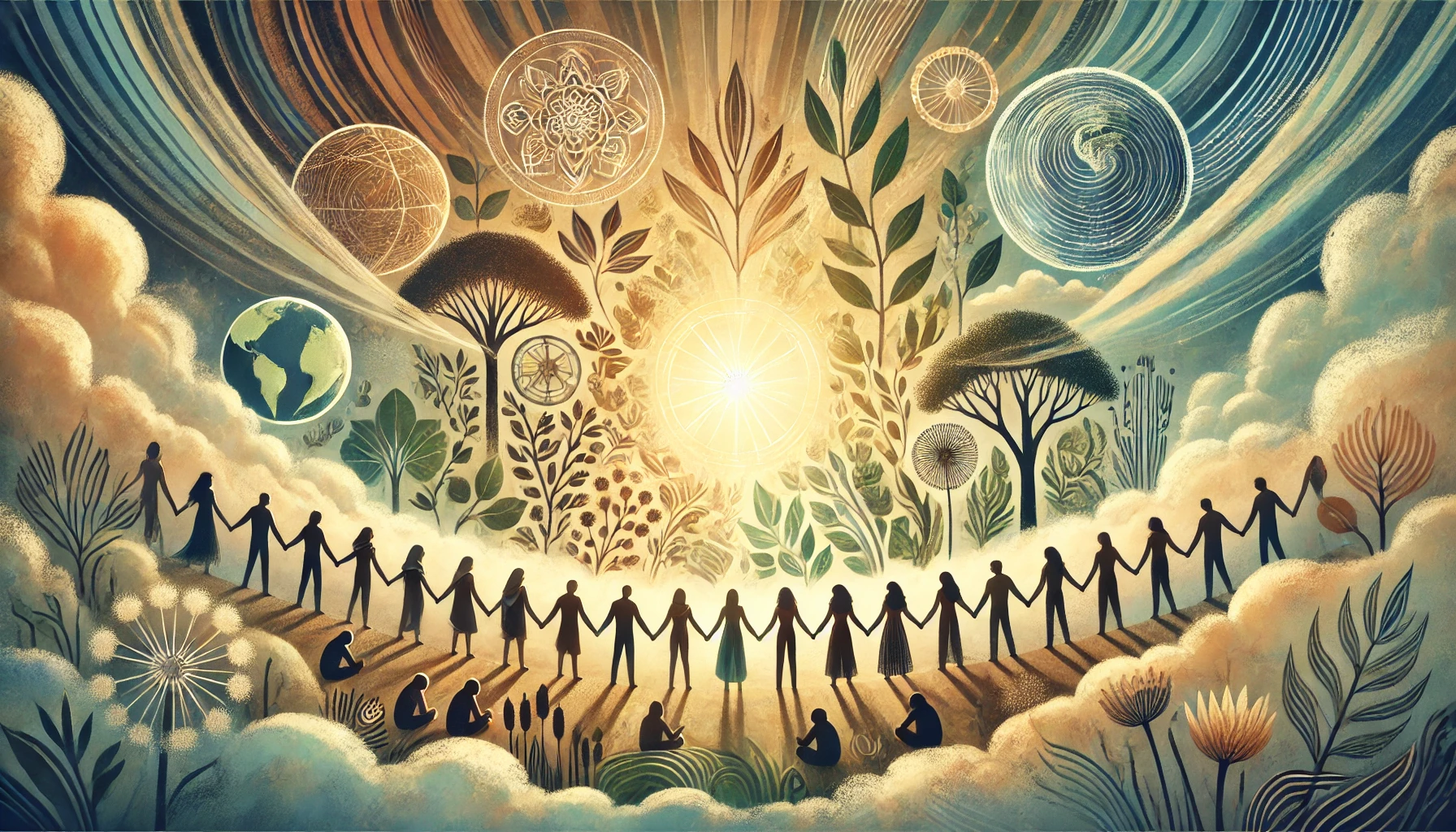Damaged People Are Lucky
Damaged people are lucky in a certain way: we know we need help, and the help provides something that “normal” people don’t get. We need to redefine and normalize trauma so that everyone can benefit from healing.
Before my mom died, my goals were to make money and be liked. After she died, I was so broken that I had no choice but to change my goals. I needed to understand how my mind and consciousness worked so that I could heal. Eventually, I applied this to helping others heal from trauma. My efforts went from trying to satisfy my personal needs, based mostly on a sense of scarcity, insecurity, and separation, to having a larger purpose to help humanity. In a certain sense, my loss made things better for everyone. It’s kind of a mind-fuck, because it was the worst thing that’s ever happened to me, and I wouldn’t wish it on anyone. It precipitated an anxiety disorder that made my life increasingly hellish for nearly two decades. And yet, I like who I am today exponentially more than I did before losing my mother, and I’m finally in a career that satisfies my deeper values.
I am not unique in growing from painful experiences. There is a well-known phenomenon called post-traumatic growth in which people develop a deeper sense of purpose, improved relationships, greater personal strength, and a richer appreciation for life after experiencing trauma. However, this idea presupposes that some people have trauma and others do not. According to this theory, I did not have trauma until my mother died, and then the trauma of her death caused me to seek healing. In actuality, my feelings of scarcity and separation from others long before her death were also due to trauma. However, this kind of trauma is so widespread that it appears normal.
It may be normal to believe that life is “dog-eat-dog”, and that you have to take what you can for yourself, but it is not the ultimate truth. It may seem true, but this is due to being disconnected from the whole. Cancer cells are similar. They replicate and consume resources without regard for other cells and the larger ecosystem. Humanity is doing the same thing, with a small number of individuals hoarding wealth, and a large number of people, and the planet, suffering. While it may feel good to hate the hoarders, they wouldn’t be hoarding if they didn’t feel scarcity and separation.
We need to normalize trauma. It is not merely something that happens to people in the news. It’s what makes people “keep up with the Joneses”. It’s why people are obsessed with status and beauty and terrified of getting old. It’s why every home has its own lawnmower. It’s why capitalism in its current exploitative form is allowed to exist. Deep down, people feel horrifyingly separate, and we cover it up with the endless distractions that are available to us. Humanity needs industrial-strength healing, at scale.
Can you imagine what life would be like if everyone felt connected? Can you fathom the ease and security of knowing that you are part of a family of 8 billion people who have your best interests at heart? It would be an age of cooperation and mutual benefit light years beyond anything humanity has experienced. The best minds of our generation wouldn’t be spending their life energy on getting people to click ads, they would be engineering solutions to the world’s problems. No one would go hungry. No one would have to violate their values to survive. This is my vision for the future.
But in the present, the challenge is to help “normal” people realize that they are traumatized. Even the concept of “normal”, that there is a group of “good” people who are all the same and a group of “bad” people who are different, is based in trauma. The effects of trauma are everywhere and influence everyone’s actions all the time. It sounds horrible, and it is. It’s much easier to maintain the status quo and keep running from the truth. But once you get a taste of real healing, and see the possibility of a connected life, it becomes easier to face the challenges ahead.
Ultimately, acknowledging the pervasive impact of trauma is not about assigning blame or wallowing in despair; it's about recognizing the shared human condition and the potential for collective healing. By normalizing the understanding of trauma and embracing the necessity of healing, we can begin to unravel the deep-seated disconnection that fuels so much of the suffering in our world. Imagine a future where instead of perpetuating cycles of scarcity and separation, we foster a global culture of connection and care. This vision may seem idealistic, but it’s rooted in a profound truth: when we heal individually, we contribute to the healing of humanity as a whole. The path forward is challenging, but the rewards—both personal and global—are immeasurable. If you’d like to help, or be helped, I’d love to chat with you.
